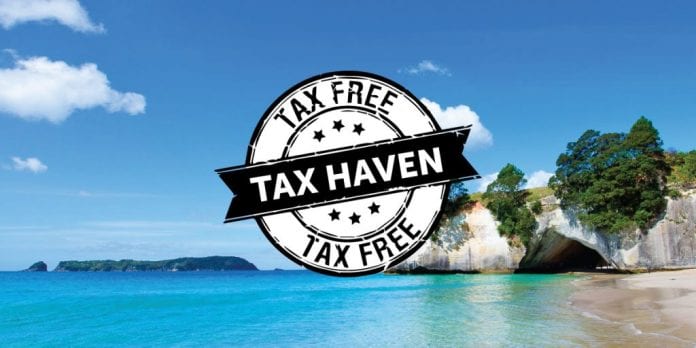The European Union (EU) added Anguilla, The Bahamas, along with the Turks and Caicos Islands to its blacklist of tax havens on Tuesday.
In December 2017, the EU established a list of non-cooperative jurisdictions for tax purposes. It is part of the EU’s external tax strategy, and it intends to contribute to ongoing efforts to promote tax good governance around the world.
With the removal of Bermuda and Tunisia, these new additions bring the total number of jurisdictions on the EU list to 12 which comprises American Samoa, Anguilla, The Bahamas, Fiji, Guam, Palau, Panama, Samoa, Trinidad and Tobago, Turks and Caicos Islands, US Virgin Islands, and Vanuatu.
The European Council said in a release that it regrets that these jurisdictions are non-cooperative on matters related to tax and invites them to engage with the EU’s Code of Conduct Group to rectify the issues.
The Turks & Caicos Islands are listed for the first time. The Bahamas were previously listed in 2018, and Anguilla in 2020.
Chiara Putaturo, Oxfam EU’s tax expert, contends that the move is “a total whitewash”, expressing that the criteria for blacklisting are weak and unfair to non-European countries.
“This is not a blacklist, it is a whitewash. Two years have passed since the EU agreed to strengthen the list and give it some teeth, but nothing has changed. The criteria remain woefully weak. While this list captured three zero-tax rate countries, it was not due to their tax rate and they can easily be delisted again. The EU should automatically blacklist zero- and low-tax rate countries and hold European countries up to the same level of scrutiny as non-European countries. The current list makes the EU a hypocrite as major tax havens in Europe like Malta and Luxembourg escape the list while countries outside Europe like Eswatini and Botswana risk being blacklisted,” he said.
It is said that the EU’s inclusion of Anguilla, The Bahamas, and Turks & Caicos Islands in the list is due to concerns that these three jurisdictions, which all have zero or nominal-only corporate income tax rates, are luring profits without generating meaningful economic activity.
It is also said they failed to adequately address several suggestions of the OECD Forum on Harmful Tax Practices (FHTP) in connection with the enforcement of economic substance criteria, which they promised to do earlier this year.
The current blacklist includes only one of the world’s 20 worst corporate tax havens identified by the Tax Justice Network (TJN) in 2021, and one of the world’s 15 worst corporate tax havens identified by the 2016 Oxfam analysis.
Among the 12 countries in the world with a zero per cent tax rate, three are blacklisted and two are greylisted.
Bermuda which was removed today is a zero-tax jurisdiction. It is ranked as the third most-harmful tax haven in the TJN Tax Havens Index and the first one in the Oxfam 2016 tax havens ranking.
Putaturo further argues: “Stronger criteria could stop the industrial levels of tax dodging by the world’s richest and corporates. Governments and ordinary people are facing the cost-of-living crisis. Ending tax havens could provide the much-needed hundreds of billions in revenue as the world’s super-rich would have to pay their fair share.”
Since 2020 the EU list is updated twice a year. The list is expected to be revised in February 2023.














